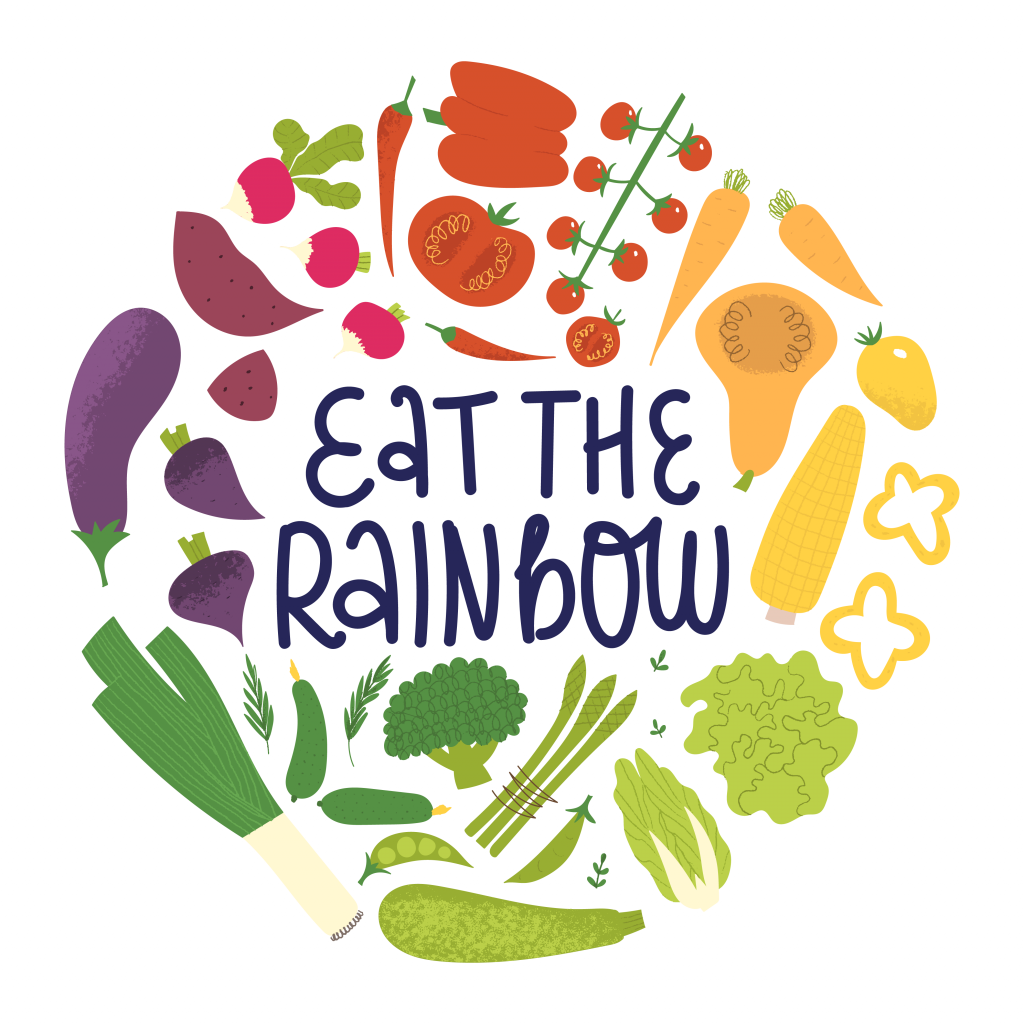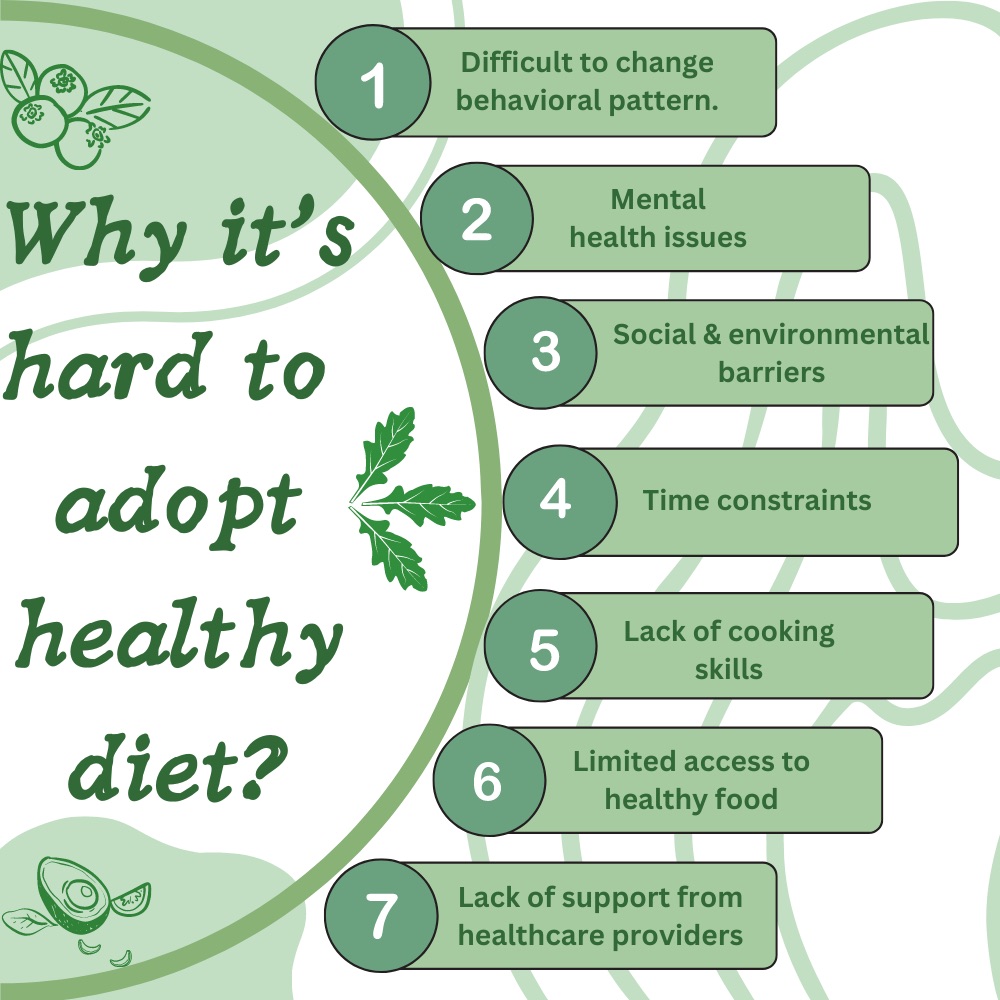Thriving in the World of Today
Our world is constantly evolving. Changes are introduced into our lives faster than in any other period in recorded history. The idea of spending our formative years honing a single career and then making a living off of it for the remainder of our adult lives is one that, for the majority of us, just doesn’t work anymore. One needs to continue learning throughout his adult life if he wants to be successful and competitive in the workforce or as an entrepreneur.
Although that undoubtedly has beneficial impacts and makes our lives more vibrant, it also pressures everyone to improve continually. That pressure and life’s ongoing challenges may motivate people and be a source of innovation. The disadvantage is that it may result in ongoing stress and a conviction that we are never adequate. While stress is a very effective body mechanism that can save our lives in a fight-or-flight scenario, it can also be toxic over time, impairing our fundamental bodily functions and making us miserable, depressed, and physically and psychologically ill.
Finding the ideal harmony between self-improvement and well-being is the holy grail that many self-conscious people are pursuing as a means of leading successful and fulfilling lives. Given these circumstances, it is unsurprising that the self-improvement market has an annual value of over $10 billion and a consistent annual growth rate of over 6%.1
This article does not examine the nature of dietary change, but it does presume one to be something more health-beneficial. It may involve eating more fruits and vegetables, eating a diet without gluten or sugar, changing to a vegetarian or vegan diet, or adopting a completely vegan, raw food diet. This article focuses on the change itself or how to exchange old behaviors with better ones.

It All Starts With Proper Eating
One specific aspect of self-improvement seems to have the biggest potential to positively influence our performance in all aspects of human endeavors and our health and well-being: adopting healthy eating habits. The enigma has long been solved after so many years of research, countless studies, anecdotal evidence, and examples from our friends and family. If we want to be healthy, feel energized, and live a long and productive life, we need to be smart about how and what we put into our bodies. However, it appears that the majority of people worldwide are now further away from eating properly than they have ever been.
Otto Warburg won the Nobel Prize in Physiology or Medicine in 1931 for his research on the metabolism of cancer cells2. Nearly a century later, consumption of sugars, animal products, highly processed foods, and medications—the very things he warned us would be harmful for our health—remains on the rise.
The Greeks celebrated the human body through their art and sculpture. They idealized the human form and sought to depict it in its perfect and harmonious state. Sculptures such as the famous statue of David by Praxiteles exemplify their reverence for the human physique. Hippocrates emphasized the significance of the delicate balance within the body; the ancient Egyptians thought of the human body as a divine creation and developed embalming methods to preserve it after death; Taoism in China emphasized the significance of harmony and equilibrium within the human body and held that it had the innate capacity to heal itself. All of them recognized the need for a nourishing and healthy diet for proper bodily function, and current science has done so as well. Food has a key role in maintaining overall health, preventing disease, and serving as a source of sustenance.
Why is it so hard?

Adopting good eating habits has the most potential to improve our lives, but it can also be the hardest to implement, as is typically the case in real life.
It is often difficult to change people’s behaviors. The most challenging behaviors vary from person to person. However, there is no universal answer regarding which behavior is the hardest to change. Deeply ingrained habits practiced over a long period can be difficult to change.
For example, addiction to drugs or alcohol can be extremely difficult because the body and mind have become dependent on the substance. Similarly, with mental health issues such as obsessive-compulsive disorder or post-traumatic stress disorder, it can be difficult to change behaviors without professional help and support. Numerous studies suggest it can be difficult for many people to adopt new eating habits.
A study published in the journal Appetite found that people often find it difficult to adhere to healthy eating guidelines and overcome personal, social, and environmental barriers to healthy eating.3 Participants often reported feeling overwhelmed by conflicting information about healthy eating and having difficulty finding foods that fit their dietary preferences and restrictions.
Another study in the Journal of the Academy of Nutrition and Dietetics found that participants who tried to improve their eating habits often faced barriers such as time constraints, lack of cooking skills, and limited access to healthy food options. The study also found that participants were more likely to maintain healthy eating habits when they received support and guidance from a healthcare provider or registered dietitian.4
A systematic review of studies in the journal Nutrition Reviews found that interventions to improve dietary habits were often successful in the short term. Still, many people had difficulty maintaining these changes over time. The study suggests that ongoing support and motivation may be necessary to maintain healthy eating habits over the long term. 5
In summary, these studies suggest that it is possible to adopt new eating habits but that doing so can be challenging. As Mark Twain once said: “Quitting smoking is easy. I’ve done it a thousand times.” The same is true for changing one’s diet; to be sustainable, a diet change needs time, motivation, information, support, and the capacity to overcome challenges.
Note: This is Part 1 of a four-part series.
Read more articles related to self-actualization on our Zealousness blog Self-actualization – iN Education Inc. (ineducationonline.org).
References:
- LaRosa, John. 2021. “$10.4 Billion Self-Improvement Market Pivots to Virtual Delivery during the Pandemic.” Blog.marketresearch.com. August 2, 2021. https://blog.marketresearch.com/10.4-billion-self-improvement-market-pivots-to-virtual-delivery-during-the-pandemic.
- Warburg, Otto. “The oxygen-transferring ferment of respiration”. Nobel Lecture, December 10, 1931.
- Henson, S. et al. “I struggle with healthy eating”: insights from online forums for cardiac rehabilitation. Appetite, 155, 104811, 2020.
- Dunn, C. et al. A Qualitative Study of Workplace Wellness Programs to Prevent and Control Chronic Non-Communicable Diseases in India. Journal of the Academy of Nutrition and Dietetics, 112(4), 558-564, 2012.
- Lloyd, H. M. et al. Systematic review and meta-analysis of randomized controlled trials of interventions to improve dietary intake in adults aged 51-70 years. Nutrition Reviews, 76(11), 817-834, 2018.










